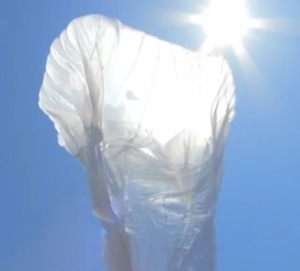Marginal communities losing wireline connectivity

It’s all fun and games until somebody cuts the cord.
“High potential” areas get fiber, low potential areas lose even copper connectivity. The latest evidence of that trend comes from Fire Island in New York. It’s a barrier island resort area just off the Long Island coast with about five hundred year-round residents and thousands of part-timers and visitors. It was whacked by hurricane Sandy last year, which, among things, swamped Verizon’s legacy wireline network.… More









